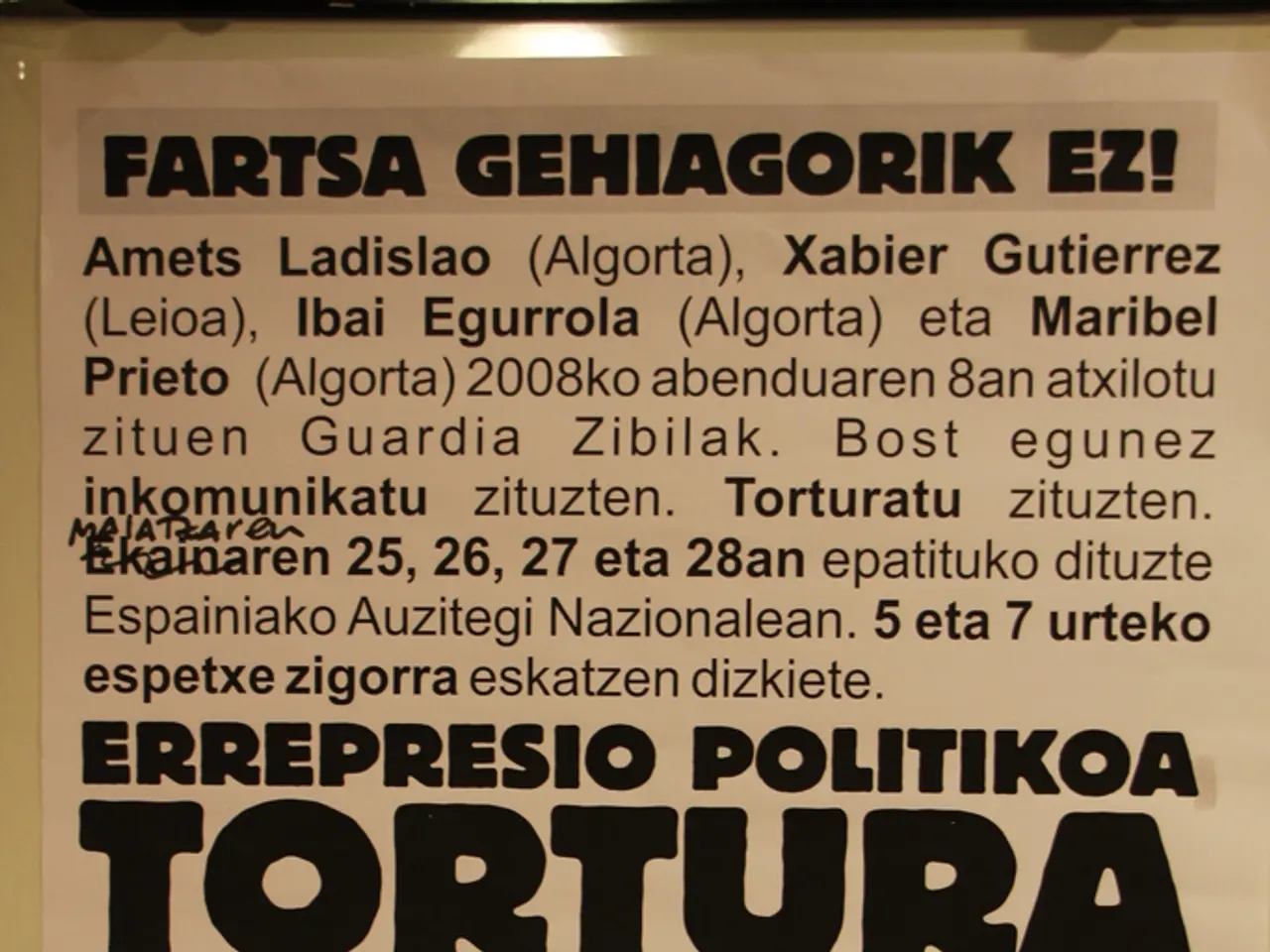Navigating Anti-Money Laundering Compliance in Brazil, the Largest Startup Hub in Latin America
In Brazil, the Council for Financial Activities Control (COAF), the country's financial intelligence unit, is primarily responsible for overseeing Anti-Money Laundering (AML) regulations. This body ensures that financial institutions and companies adhere to AML compliance, guided by key requirements such as Customer Due Diligence (CDD), transaction monitoring, watchlist screening, and transaction screening.
CDD necessitates firms to verify customer identities at onboarding and throughout the customer relationship, building accurate risk profiles. Transaction monitoring requires companies to keep an eye out for unusual or suspicious activities, such as abnormal transaction patterns or interactions with high-risk countries. Watchlist screening involves checking customers and transactions against local and international watchlists, including sanctions and politically exposed persons (PEP) lists. Transaction screening ensures that payment and transaction details are screened to avoid channeling funds to illicit actors.
These components form the core of the required AML programs that companies must adopt to comply with Brazilian regulations and avoid significant penalties. Notably, Brazil’s AML framework aligns with global standards promoted by the Financial Action Task Force (FATF), and COAF represents Brazil in international AML platforms.
Brazilian law mandates that suspicious activity reports (SARs) be submitted to COAF, which investigates and shares information with law enforcement authorities when violations are detected. A recent legislative development is Bill No. 2646/2025, submitted in July 2025, which targets crimes by organized criminal groups in sectors like fuel, aiming to impose stricter penalties, simplify prosecutions, and enhance asset forfeiture of illegal gains. This bill also includes provisions for harsher sentences for leaders of criminal factions impacting the Brazilian prison system.
While Brazil’s anti-corruption and AML efforts have faced criticism domestically and internationally for legal and institutional challenges, the country remains committed to international conventions like the United Nations Convention Against Corruption (UNCAC) and the OECD Anti-Bribery Convention. However, Transparency International Brazil reports concerns about setbacks in anti-corruption enforcement and judicial transparency, which can impact AML and anti-corruption efficacy.
To stay compliant, companies working in Brazil must follow a series of procedures, including registration, and create internal policies and procedures to manage money laundering risks. Financial institutions must verify and validate provided documents by comparing the information with one from available databases. AML regulations affect companies licensed by the Central Bank of Brazil, and failure to comply with regulations or report suspicious activities can lead to administrative and criminal penalties.
In 2016, the FATF was highly concerned about the level of money laundering activities in Brazil, considering it a membership issue. However, the FATF expressed overall satisfaction with Brazil's AML performance in 2019. According to the Basel AML index, Brazil received a risk score of 4.98 in 2021, an improvement from 5.02 in 2020.
Companies subject to AML regulations in Brazil are those engaged with the reception, brokerage, and investment of third parties' funds, purchase and sale of foreign currency or gold, custody, issuance, distribution, clearing, negotiation, brokerage, or securities management. Financial institutions must implement CDD procedures to comply with regulatory requirements, including at the onboarding stage and at regular intervals. During the onboarding process, financial institutions must collect specific information from natural persons and legal entities.
Cash transactions that are equal to or exceed BRL 50,000 (approximately $9,500) should be reported, and the amount of money transferred to non-Brazilian accounts gets reported only if it equals or exceeds BRL 100,000 (roughly $18,800). Companies can use transaction monitoring and fraud detection systems to detect and report suspicious activities in Brazil.
Sumsub offers a solution for companies to onboard users in Brazil without requesting any documents, by cross-checking all the data with government databases. The Central Bank of Brazil is the country's principal monetary authority, responsible for ensuring that national financial institutions comply with the AML framework. COAF operates under the Central Bank of Brazil and collects, analyzes, and imposes administrative fines on companies related to money laundering activities.
- In the realm of business, financial institutions in Brazil are required to abide by anti-money laundering (AML) regulations overseen by the Council for Financial Activities Control (COAF), which incorporates Customer Due Diligence (CDD), transaction monitoring, watchlist screening, and transaction screening as key components.
- Within the broader context of lifestyle and education-and-self-development, it is essential for companies operating in Brazil, particularly those dealing with the reception and management of third-party funds, to remain updated on AML regulations that are aligned with global standards promoted by entities like the Financial Action Task Force (FATF).
- Amidst the technological advancements, companies in Brazil can leverage solutions like Sumsum to onboard users without requesting physical documents, enabling seamless compliance with government databases and AML regulations, as imposed by the Central Bank of Brazil and enforced by entities like COAF.




